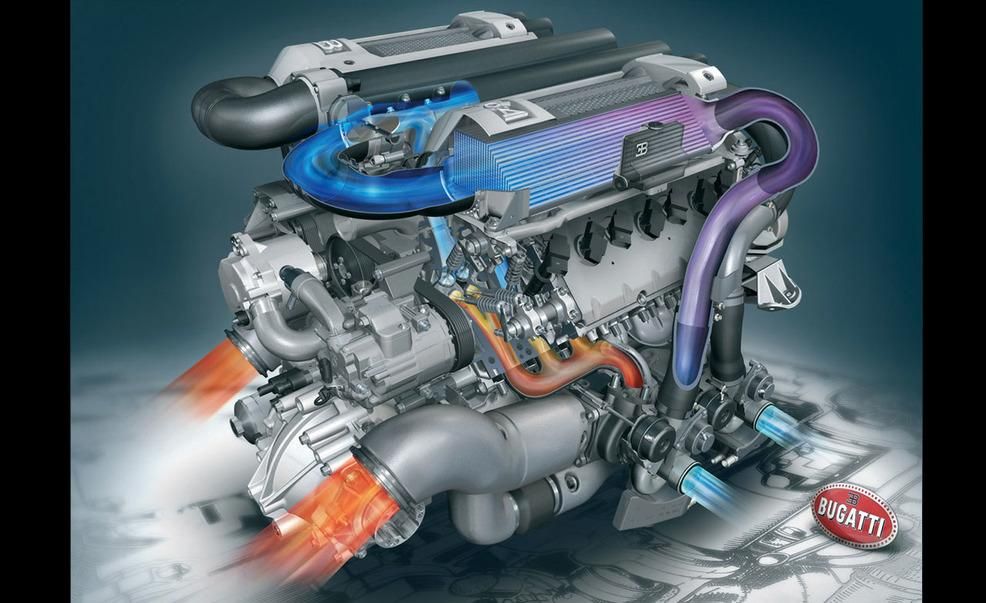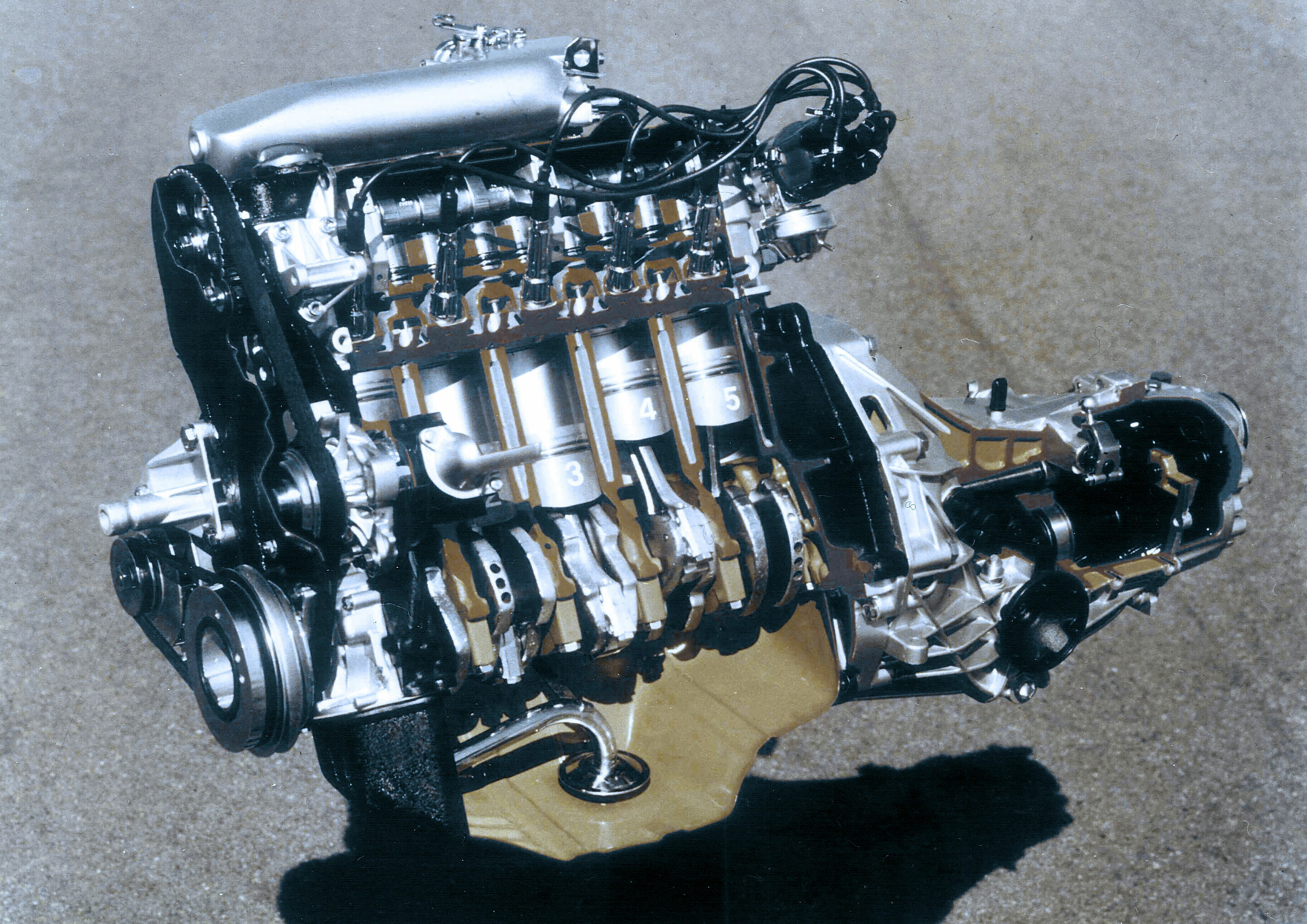The Impact of Innovative Engine Technologies on Energy Efficiency and Environmental Sustainability
In the world of transportation and commercial equipment, the constant mission for improved energy efficiency and reduced ecological impact has actually caused considerable advancements in engine modern technologies. From the progressive change in the direction of electric and hybrid systems to the assimilation of turbocharging for enhanced efficiency, the landscape of engines is developing quickly. The application of alternative fuels further diversifies the alternatives readily available for sustainable power sources. These developments not just promise a greener future yet also hold the prospective to transform the means we approach power usage and environmental sustainability.
Evolution of Engine Technologies
The development of engine modern technologies over the decades has actually been noted by continual advancement and improvement in pursuit of boosted efficiency and efficiency. From the early days of interior combustion engines to the innovative hybrid and electrical powertrains of today, the evolution of engine innovations has actually been driven by a relentless quest for improved gas performance and reduced discharges.
One considerable milestone in this evolution was the development of turbocharging and direct injection systems, which significantly increased engine power outcome while improving gas efficiency. These innovations enabled for smaller sized, a lot more light-weight engines that can deliver the efficiency of larger ones without compromising on efficiency.
Additionally, improvements in products science have resulted in the widespread adoption of light-weight products such as aluminum and carbon fiber in engine construction. This has not just lowered general vehicle weight yet has likewise enhanced engine performance by decreasing energy losses related to inertia and rubbing.
Advantages of Electric and Hybrid Systems
With the growing concentrate on sustainability and energy efficiency, what benefits do electric and hybrid systems provide in the world of engine technologies? Electric and hybrid systems existing numerous advantages that contribute to an extra sustainable and energy-efficient future. One of the main benefits is the considerable decrease in greenhouse gas exhausts compared to traditional interior combustion engines. Electric vehicles generate no tailpipe emissions, leading to improved air high quality and decreased environmental influence. In addition, electrical and hybrid systems are more energy-efficient, transforming a greater percent of saved power into propulsion compared to conventional engines. This efficiency results in reduced power usage and operating expenses over the car's life time. Electrical lorries use regenerative braking systems that save and record energy usually lost during stopping, better boosting energy performance (engines for africa). Crossbreed systems integrate the benefits of electric propulsion with the adaptability of a burning engine, giving expanded minimizing and driving varieties range anxiety for consumers transitioning to electrical vehicles. Generally, hybrid and electrical systems play an important function in progressing energy efficiency and environmental sustainability in the transport market.
Turbocharging for Improved Efficiency
Turbocharging jobs by utilizing a turbine to force even more air right into click for info the burning chamber, enabling for much better gas combustion and increased power result without a significant rise in engine dimension. By making the most of the performance of the burning procedure, turbocharged engines can accomplish improved fuel economic situation and decreased discharges, adding to environmental sustainability. The prevalent fostering of turbocharged engines in both fuel and diesel cars demonstrates their efficiency in stabilizing efficiency, performance, and ecological impact.
Using Alternative Gas
Using alternative fuels presents an encouraging avenue for reducing carbon emissions and branching out the power sources used in transport. As the globe strives to deal with environment change and reduce reliance on nonrenewable fuel sources, alternate fuels have gained significant interest for their potential environmental and financial benefits.
Biofuels, such as ethanol and biodiesel, are stemmed from eco-friendly resources like sugarcane, corn, and algae, supplying a cleaner burning choice to traditional gas and diesel. These fuels can be blended with existing petroleum gas or made use of in dedicated engines, giving a path to lower greenhouse gas exhausts and improve air top quality.
Furthermore, hydrogen gas cells have actually arised as a promising technology for zero-emission transport. engines for africa. By transforming hydrogen gas into electrical energy to power electric motors, fuel cell vehicles produce just water vapor as a byproduct, removing dangerous tailpipe emissions entirely
In addition to minimizing carbon discharges, different fuels can additionally boost energy safety and security by diversifying the gas mix and decreasing reliance on imported oil. Accepting different gas in transport is a crucial action towards accomplishing an extra ecologically friendly and sustainable future.

Environmental Advantages and Future Potential customers
The environmental benefits of alternate fuels and their potential for long-term sustainability are crucial considerations in the change in the direction of cleaner power sources. Alternate check that gas, such as biofuels, hydrogen, and electrical energy, offer significant ecological advantages compared to standard nonrenewable fuel sources. These fuels generate lower degrees of greenhouse gas emissions, reducing air pollution and mitigating climate adjustment impacts. In addition, alternate fuels can assist diversify power resources, enhancing power security and decreasing reliance on finite sources.
The future prospects for alternate fuels in the transportation sector are promising. Improvements in modern technology remain to improve the effectiveness and price of alternative fuel automobiles, making them extra obtainable to customers. Federal governments all over the world are likewise implementing plans to incentivize the fostering of alternate gas, better driving their development. As research study and development initiatives increase, the capacity for also greener and extra sustainable fuel alternatives increases, leading the way for a cleaner and extra eco friendly transportation sector. By welcoming ingenious modern technologies and different fuels, the course towards an extra sustainable future ends up being significantly attainable.

Conclusion
In verdict, ingenious engine modern technologies have played an essential function in improving power performance and promoting environmental sustainability. The advancement of engine innovations, fostering of electric and hybrid systems, usage of turbocharging, and expedition of alternate fuels have all added to lowering see this website emissions and increasing efficiency.
In the world of transportation and commercial equipment, the continual mission for boosted power effectiveness and minimized environmental impact has led to significant developments in engine modern technologies. Turbocharging jobs by utilizing a generator to force more air into the combustion chamber, allowing for far better gas burning and enhanced power outcome without a substantial rise in engine dimension. By making best use of the effectiveness of the combustion procedure, turbocharged engines can attain improved fuel economy and minimized exhausts, adding to environmental sustainability. Alternate gas, such as biofuels, hydrogen, and power, deal substantial environmental advantages contrasted to traditional fossil fuels. The evolution of engine innovations, fostering of hybrid and electric systems, use of turbocharging, and exploration of alternate fuels have all contributed to boosting and lowering exhausts performance.